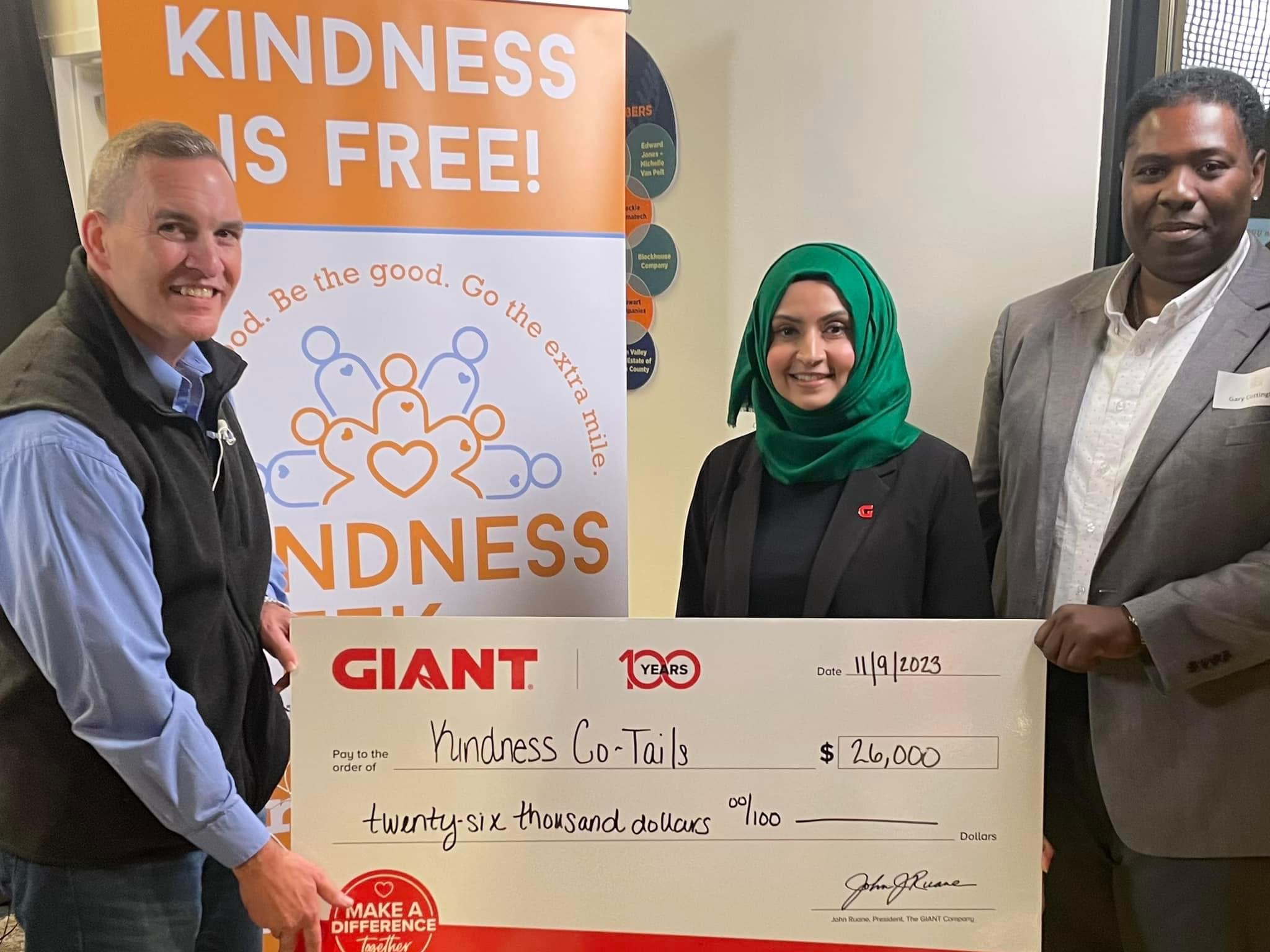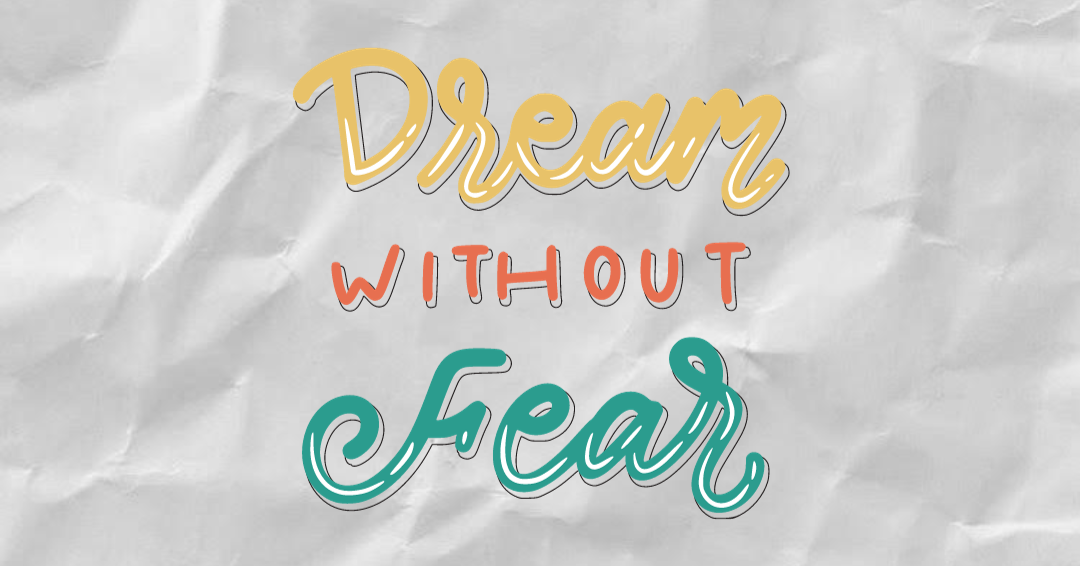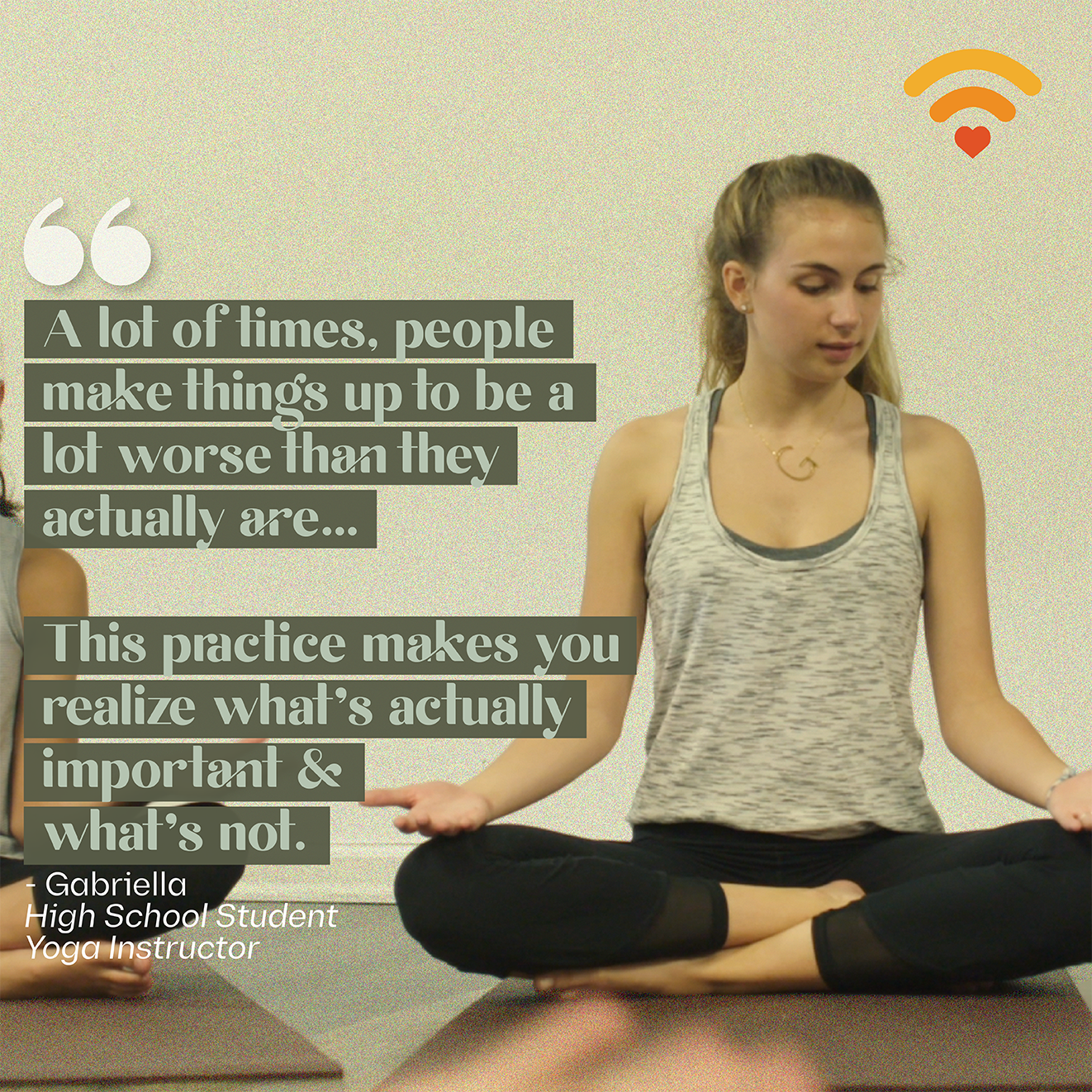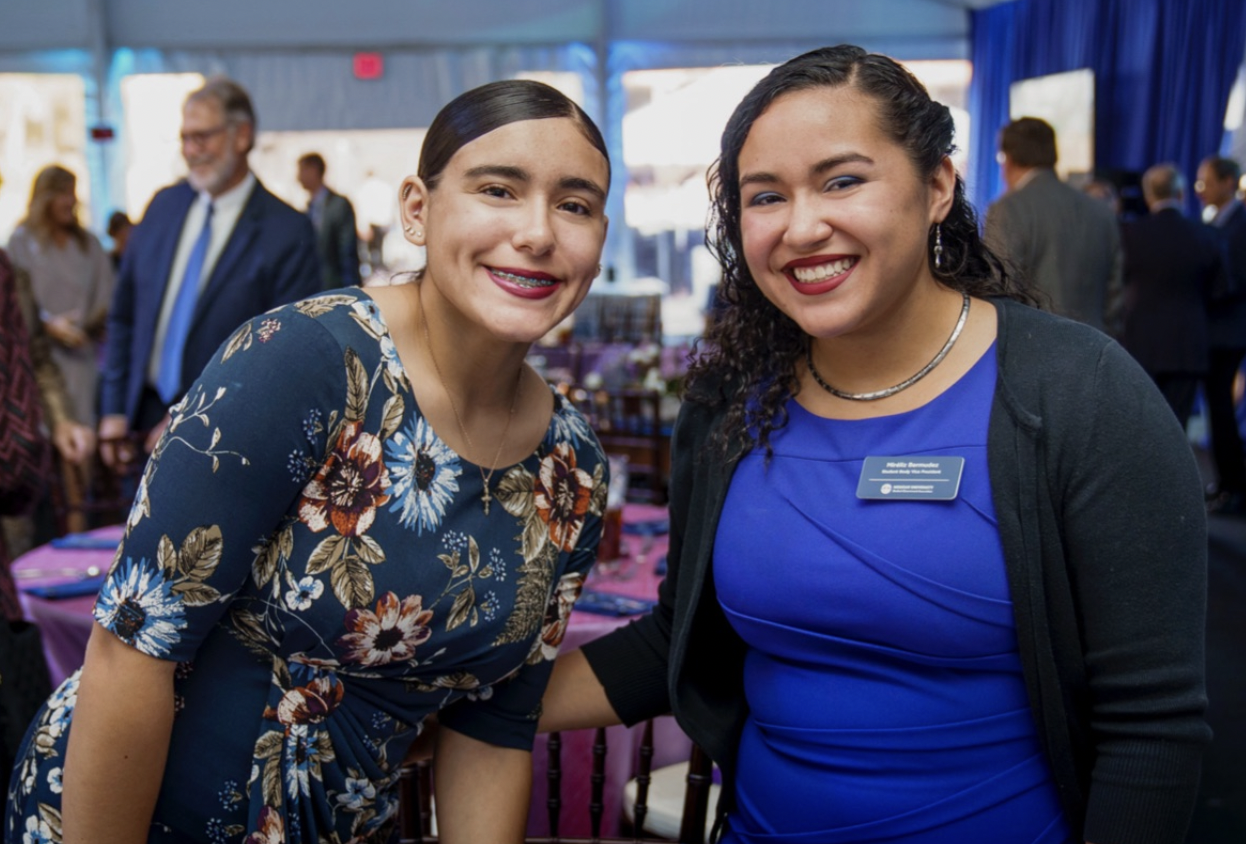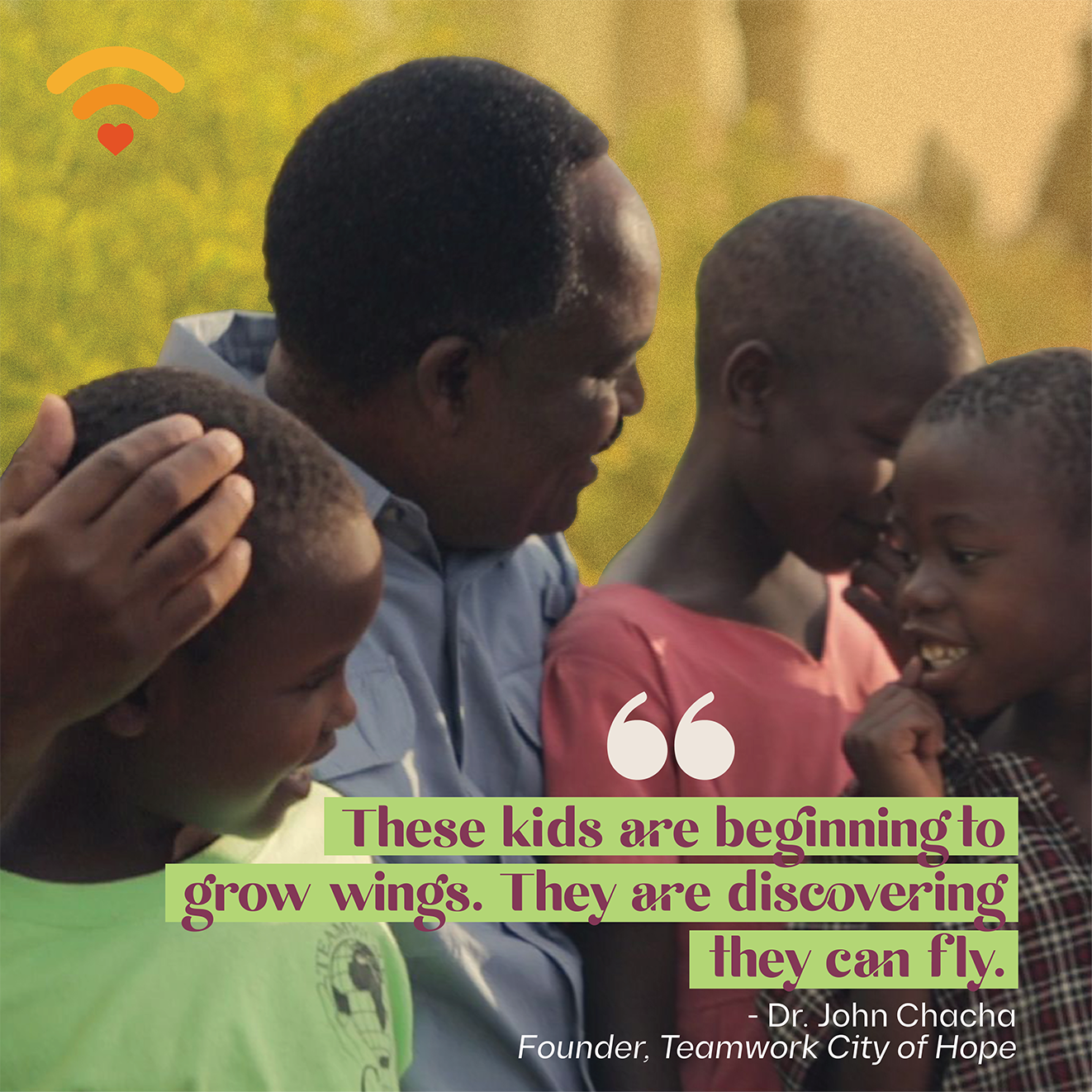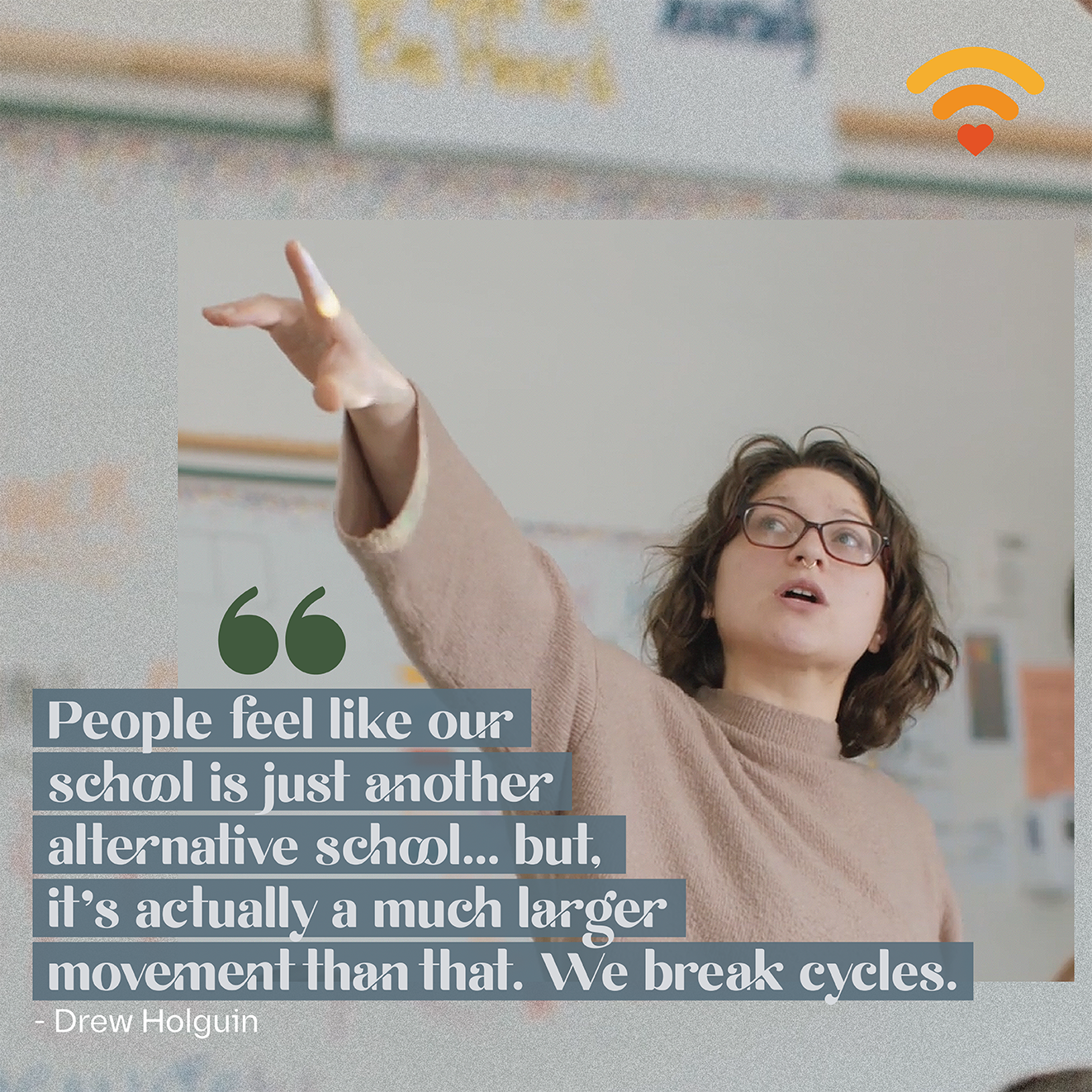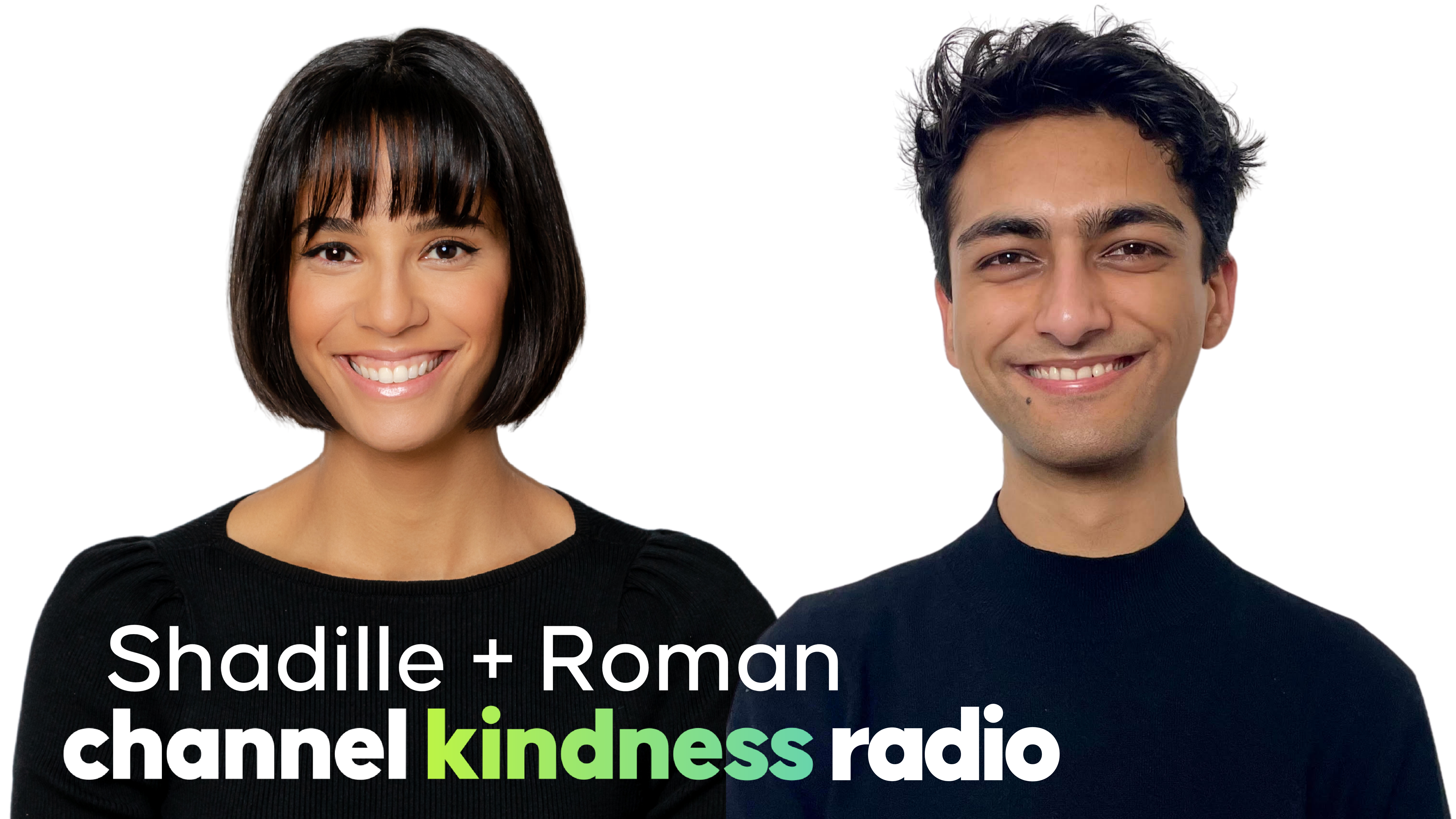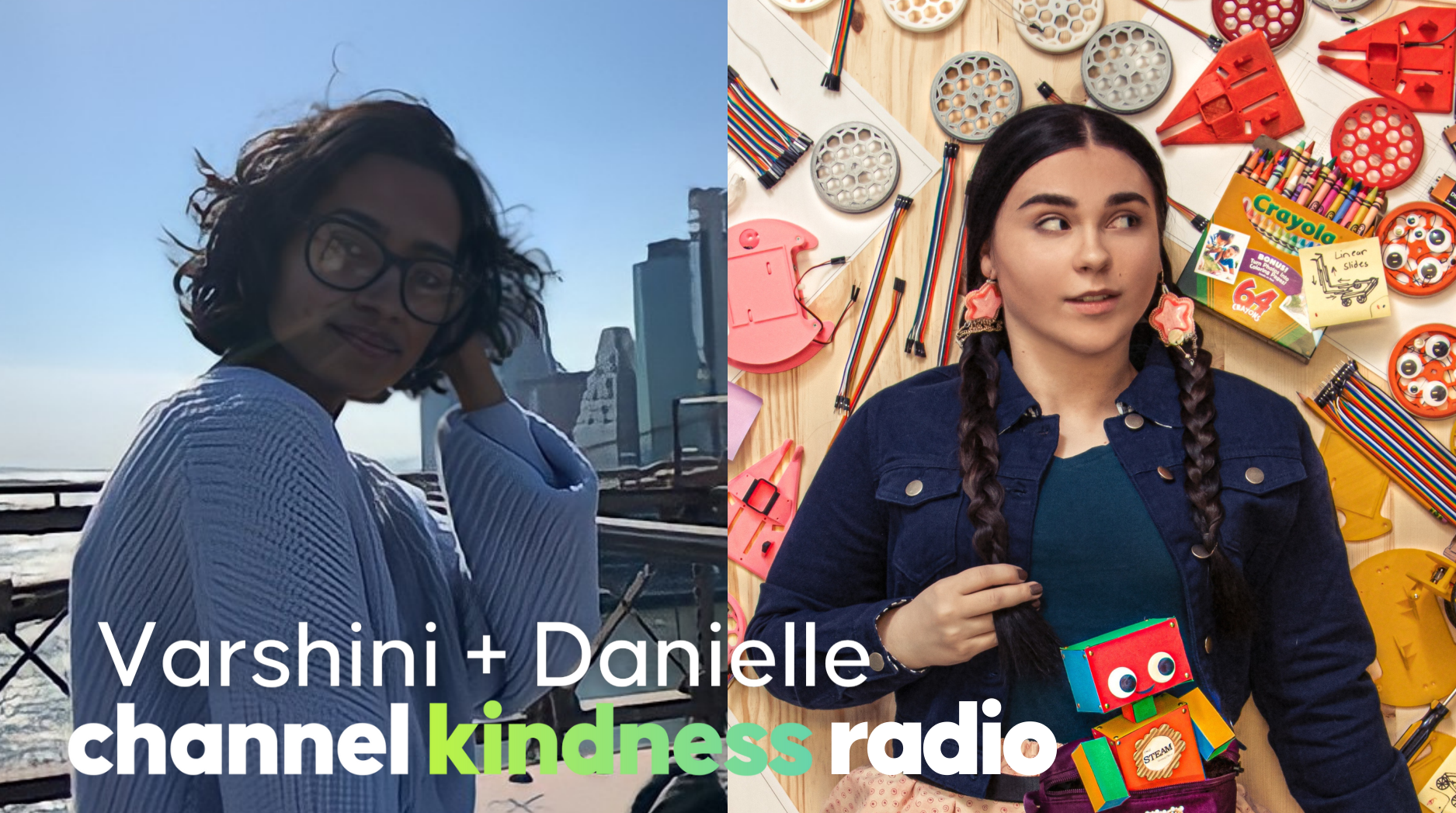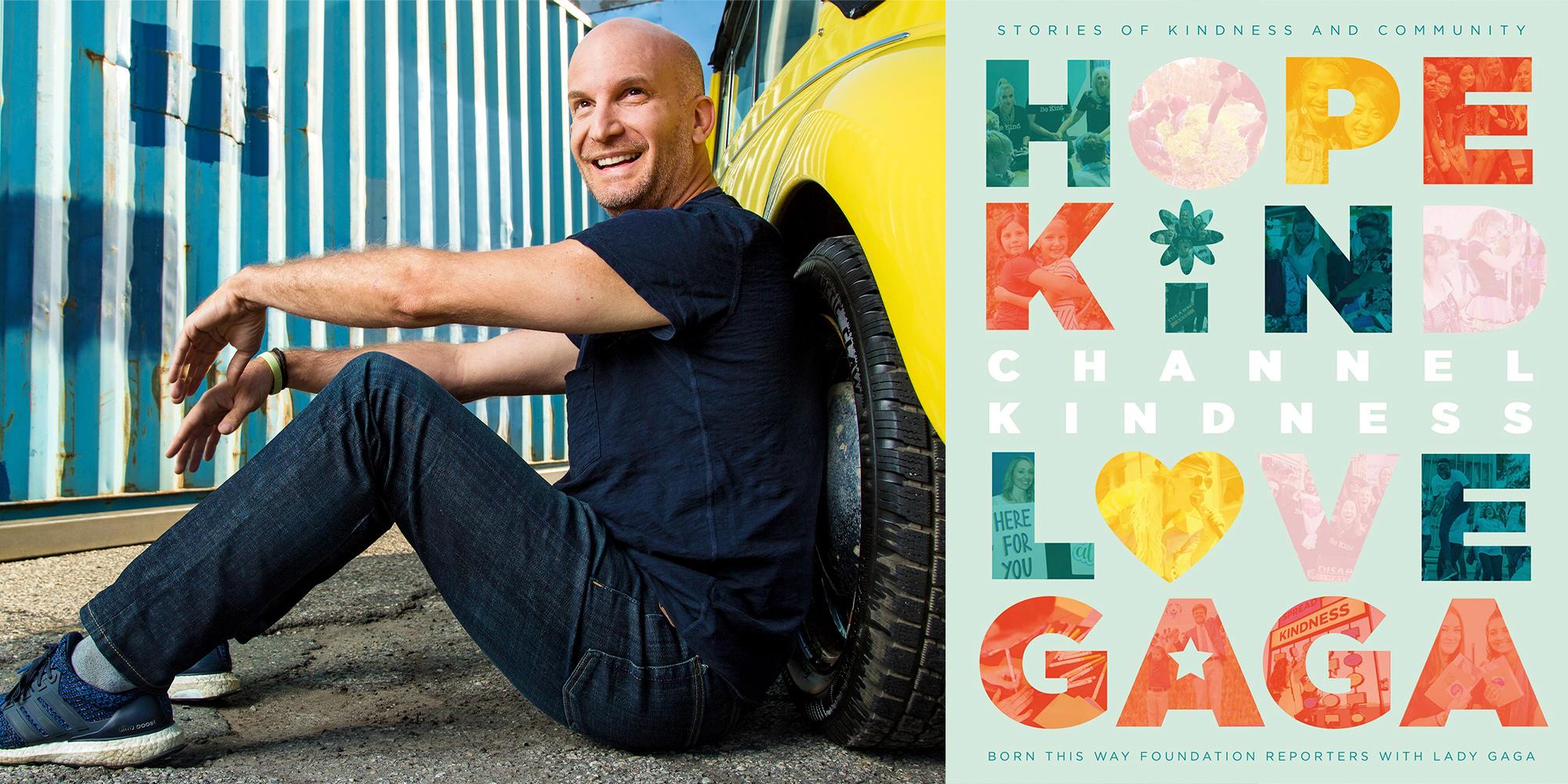“By listening and working with young people, we can get closer to creating the conditions that all young people need to have a real chance to succeed in school and life.”
-John Gompert, President and CEO of America’s Promise Alliance
“You, French Fry. Me, Hamburger,” I proclaimed to my pre-K teacher. She gawked at me with awe. I stared blankly at her as she started to jump and holler, “Ricky! Yes! You, French Fry. Me, Hamburger!” I was stunned, and she, elated.
It was the first time I spoke a complete phrase to my teacher.
As a timid, young boy, my English was elementary and my social skills, even worse. Thus, I spent my words wisely, to persuade teachers to bring me food or request a toy of my choice from the treasure box. But much to the disappointment to me and my peers, my voice would remain buried throughout my adolescence.
Like many preteens, I struggled with social anxiety, and I secluded myself. My thoughts were dear to me and my own, and it would remain this way until my freshman year of high school.
My voice came from humble origins – the bathroom mirror. While my mother disapproved of my loud orations, a toothbrush, a half-spent bar of soap, the allegedly tropical scent of hand wash, were all a familiar audience. Unfortunately, the congeniality of my toiletries starkly contrasted with the judgmental remarks of my classmates. Their mockery, I tolerated, but my feelings of inadequacy, I did not. With hours of practice and deliberation, the stuttering and mumbles were replaced with ferocity and power. Like the budding of a new relationship, I grew a fondness for public speaking. This would leak into different facets of my life.
I developed confidence in my role as a leader as more people began to listen to my voice. My inhibitions dissolved, and my social exposure procured an interest in leadership. The strength of my voice directly correlated with my ability to captivate my teammates, and, indirectly, manage them as well. Workshop and speaking engagement opportunities arose, and, with microphone in hand, I intended to advocate for youth voice.
As I worked with the National Youth Leadership Council (NYLC), a nonprofit that promotes service learning in schools and communities across the United States, I’ve come to realize the importance of youth voice, its place in the professional world, and my role as a youth.
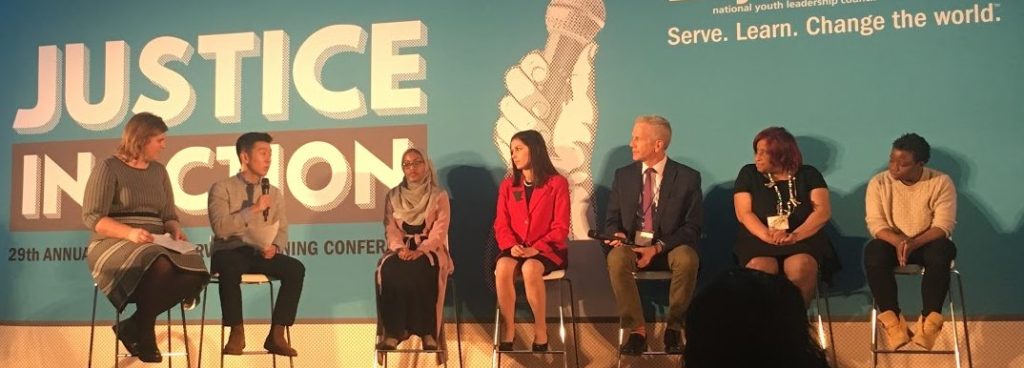
I had the opportunity to work alongside youth and adults on professional development resources, summer programming, and strategic planning. This past year, I served as the only youth board member for the strategic planning committee, providing a fresh perspective to a team of adults. I uncovered the inner workings of a successful nonprofit as we restructured NYLC’s strategic plan to optimize social impact and fundraising.
Using Roger Hart’s Ladder of Participation as a model for youth participation, NYLC emulated the ideal youth-adult partnership: youth and adults working together as equal partners. This level of participation equipped me with an understanding of civil responsibility – that through service, we can find social justice. When organizations like NYLC offer opportunities for youth engagement, young people are better equipped to be civilized, participative, and even kinder members of society. I was given a space to express myself, and for the first time in my life, I felt like my voice was heard. With youth voice, we can bridge the divide between youth and adults, promote empathy, and teach young people to be bold with their words.
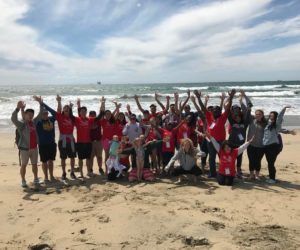
To learn more about the value of youth voice and the The National Youth Leadership Council, visit: https://nylc.or, or check out Youth4education, a youth-led movement to advance education equity through service-learning.










